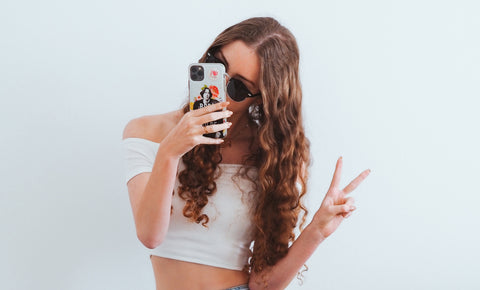Often regarded as the "foodie generation," Gen Z is proving to have a complex relationship with food.
At least that’s according to new research by Ketchum, which looked at the generation’s buying habits, emotions surrounding food, and what they want.
Let’s take a look.
An enticing demo
Gen Z consumers — people born between 1997 and 2012 — represent considerable economic might. They account for about 40% of all U.S. consumers and boast $143 billion in buying power.
Hungry to capitalize, food and beverage manufacturers have increasingly taken note of Zoomers’ preferences.
Eating toward a new future
63% of Gen Z consumers feel significant pressure to change the world — more than any other generation, according to Ketchum’s research. As such, they believe their food choices should reflect their health, values, and political beliefs.
That desire to realize their beliefs, however, has also led to negative emotions and anxiety. More than any other generation, Gen Z is more likely to say that food makes them feel guilty, anxious, uncomfortable, and overwhelmed, Ketchum reports.
A wide ‘say-eat gap’
There’s a notable “say-eat gap” between what Zoomers say they want and what they buy.
Zoomers’ values prioritize sustainability, animal welfare, and LGBTQ rights, yet taste, value, and affordability often take precedence in their food purchases. That gap also contributes to Gen Z’s anxious and overwhelmed feelings around food choices.
Cooking, eating habits
Gen Z isn’t afraid to try something new.
68% of Gen Z individuals report that they cook differently from their parents, and many follow social media influencers for recipe ideas. 55% say that they frequently piece together snacks into a meal, corroborating the #girldinner trend.
Social media
Gen Z loves social media, particularly platforms like TikTok, YouTube, and Instagram. About 38% of Gen Zers spend over four hours a day on social media, according to Morning Consult.
But despite using social media for food inspiration, 67% of Gen Zers worry about spending too much time on social media. And 58% believe that social media negatively affects their body image.







